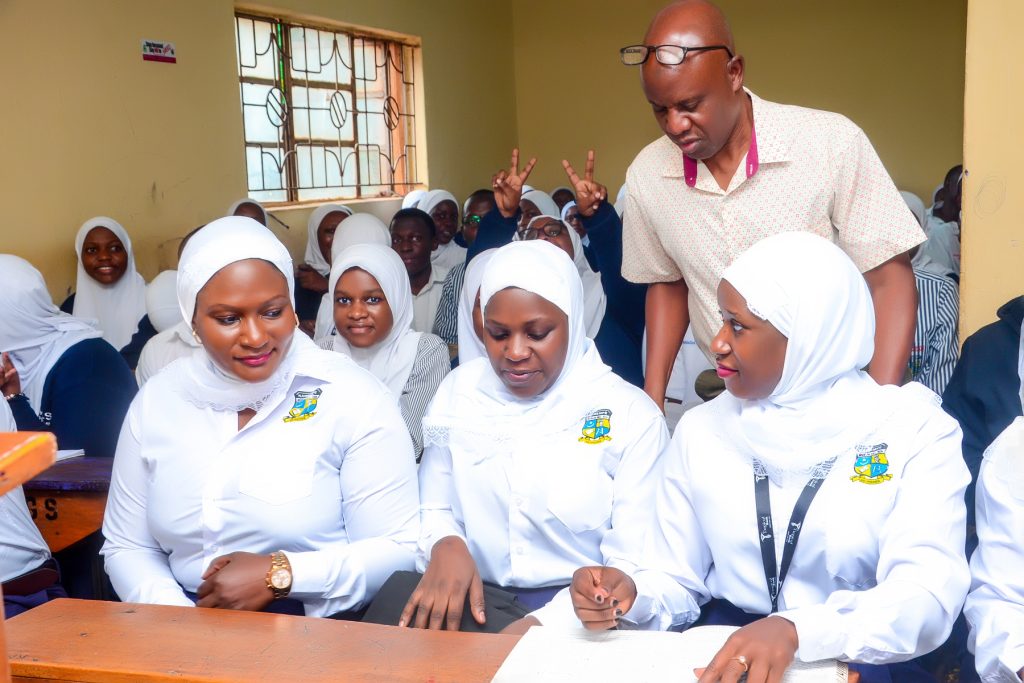- +256 41 4567165
- kawempemus@yahoo.com
Students Leadership Administration

At Kawempe Muslim Secondary School, the Students Leadership Administration is structured to promote discipline, academic excellence, and Islamic values while fostering student participation in school governance. Below is a breakdown of its typical structure and functions:
Key Responsibilities


